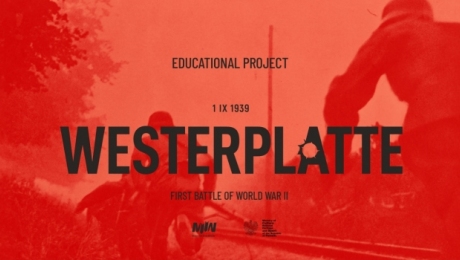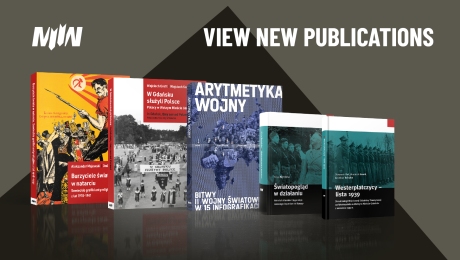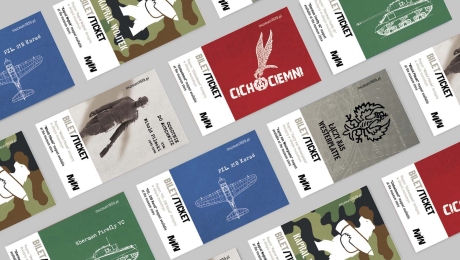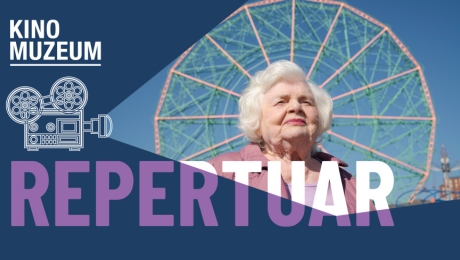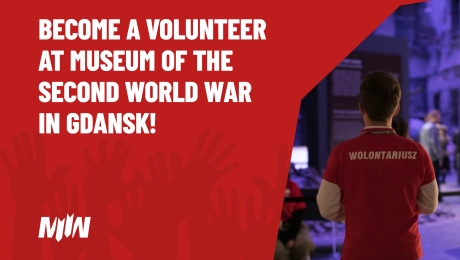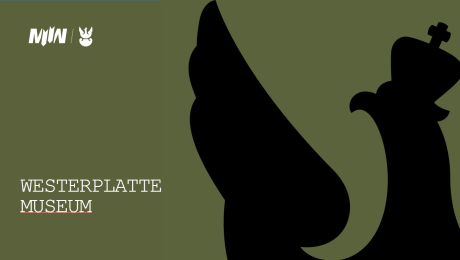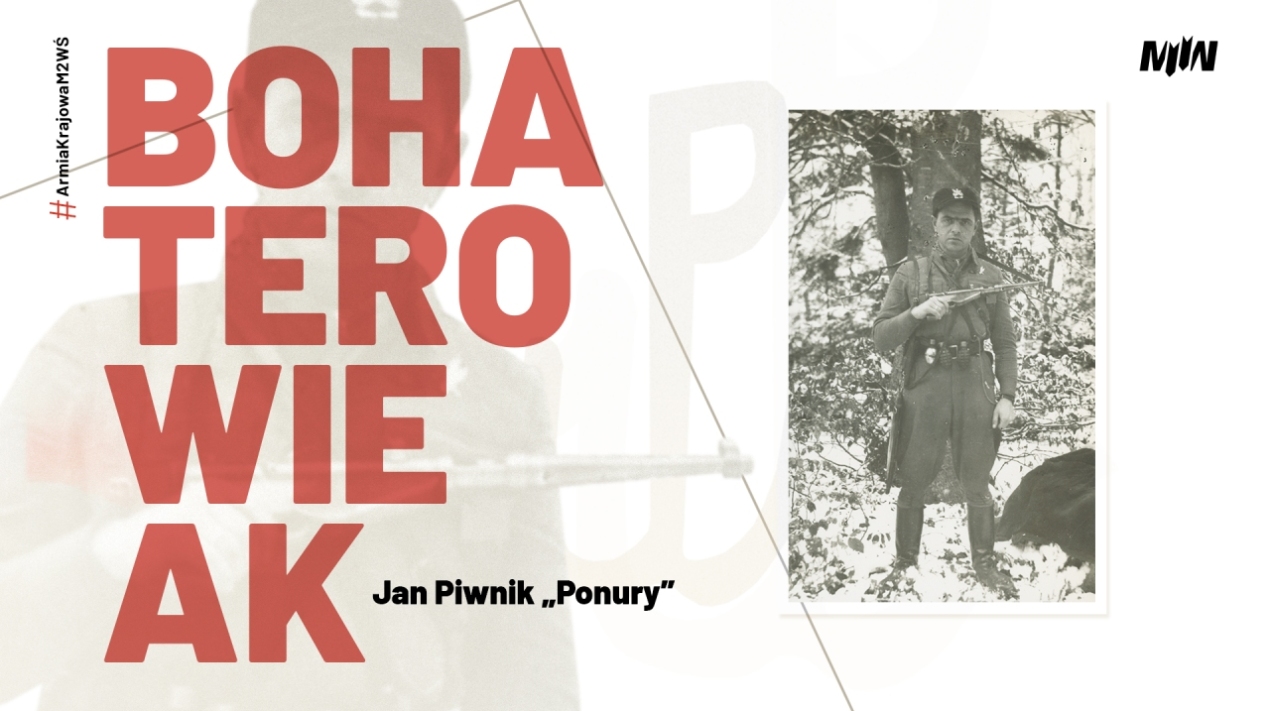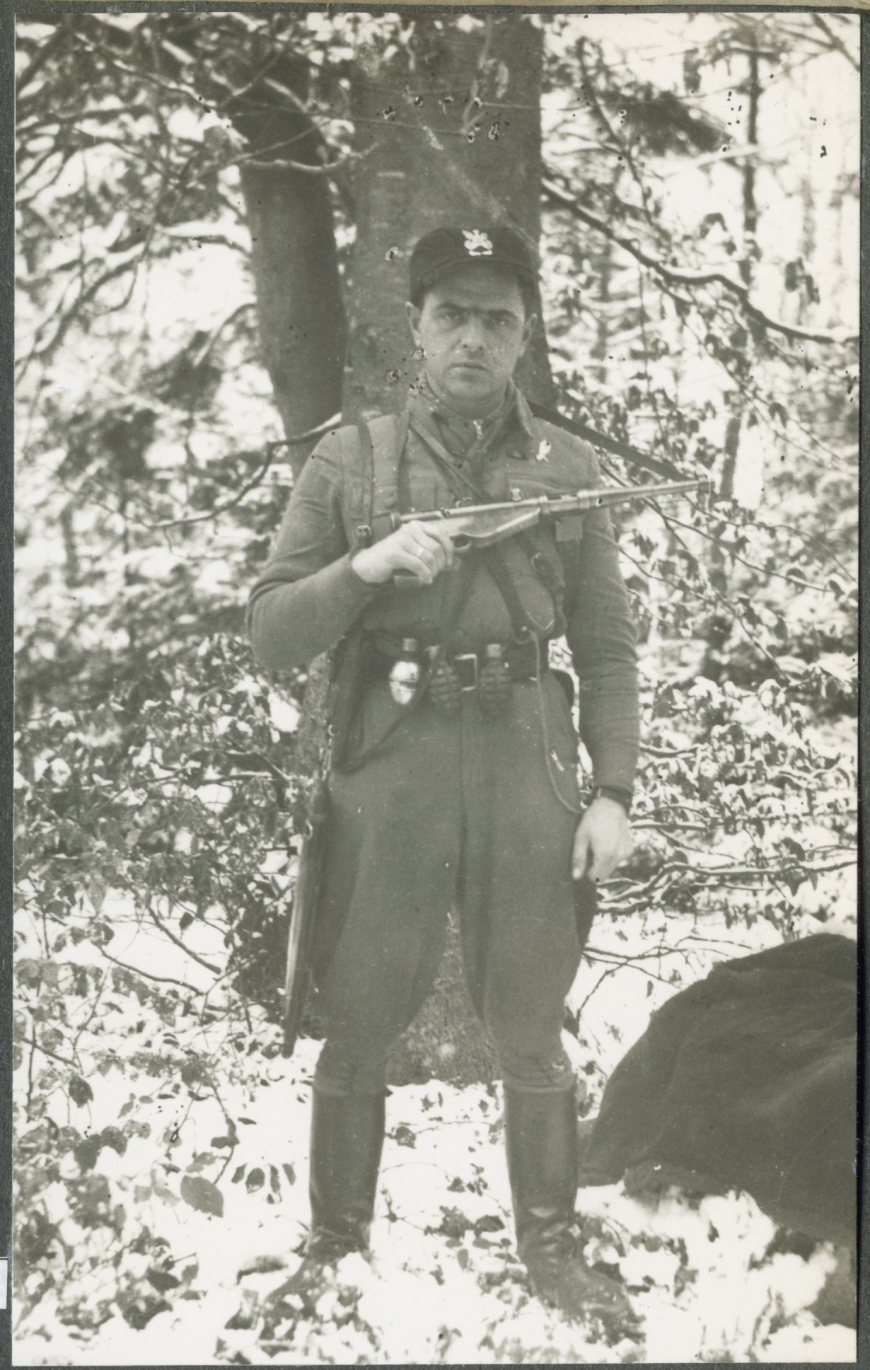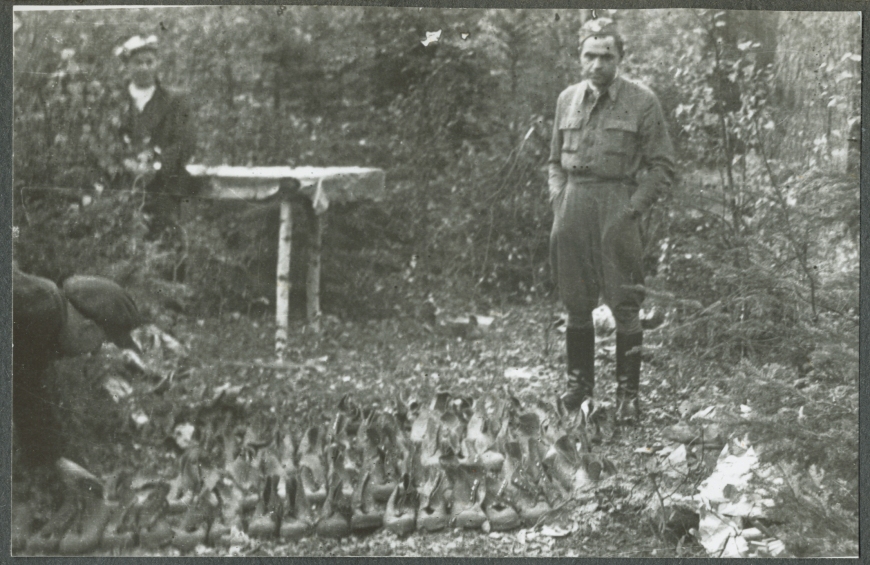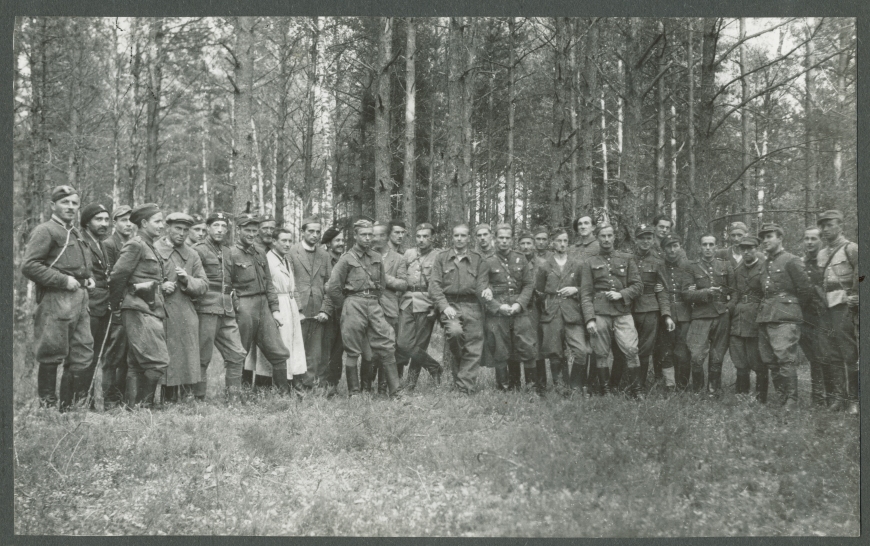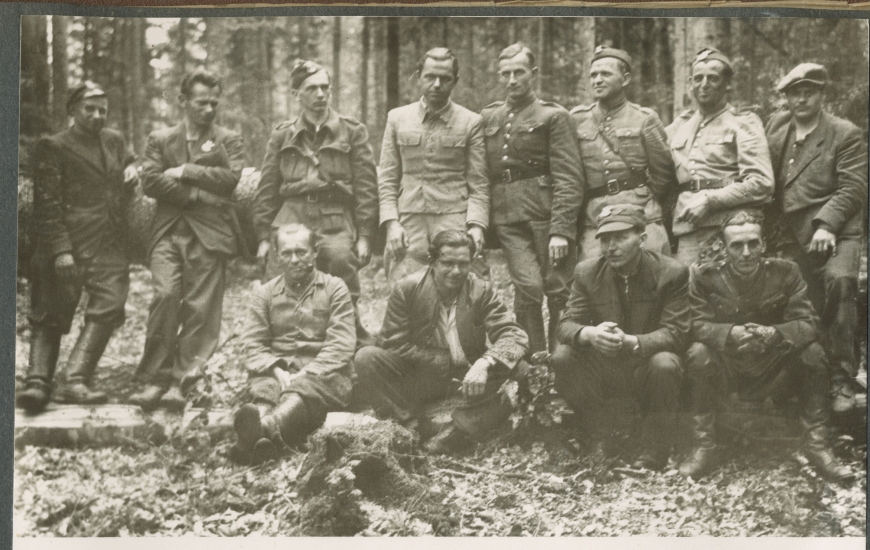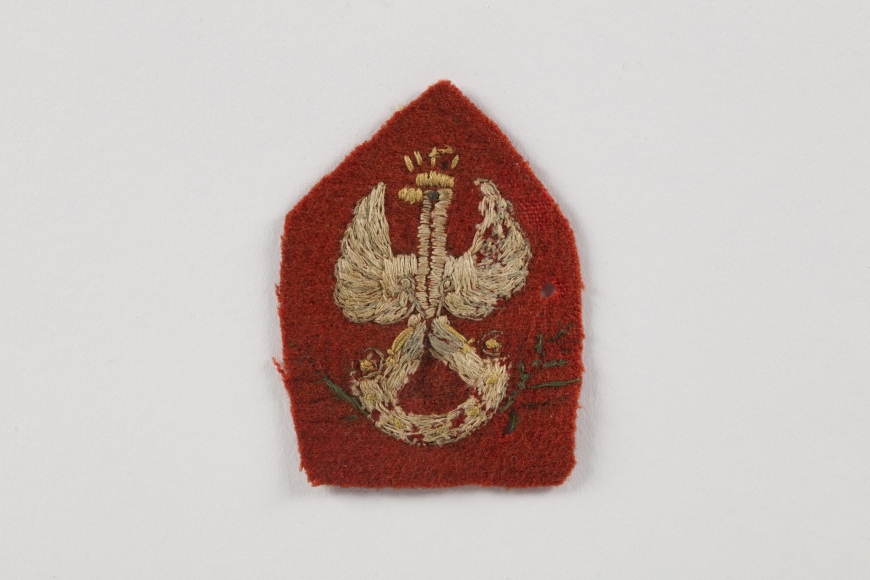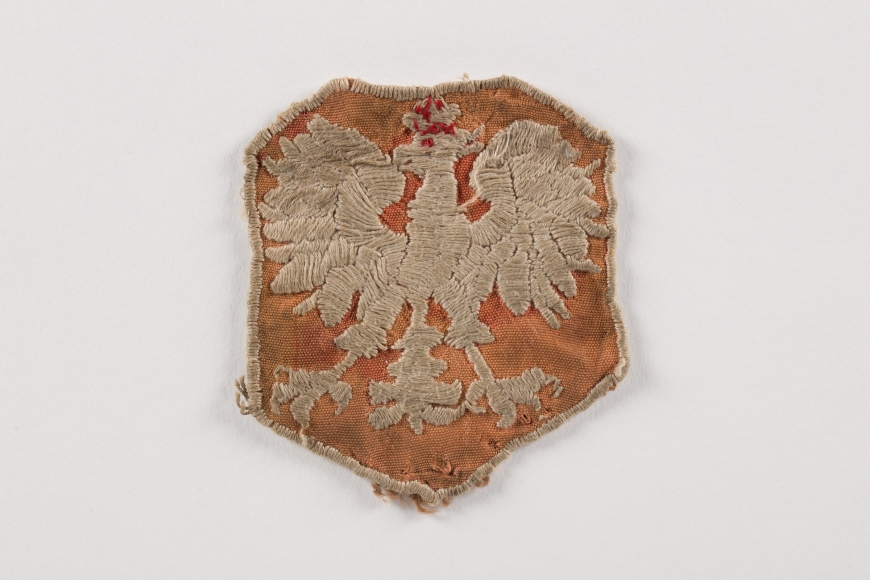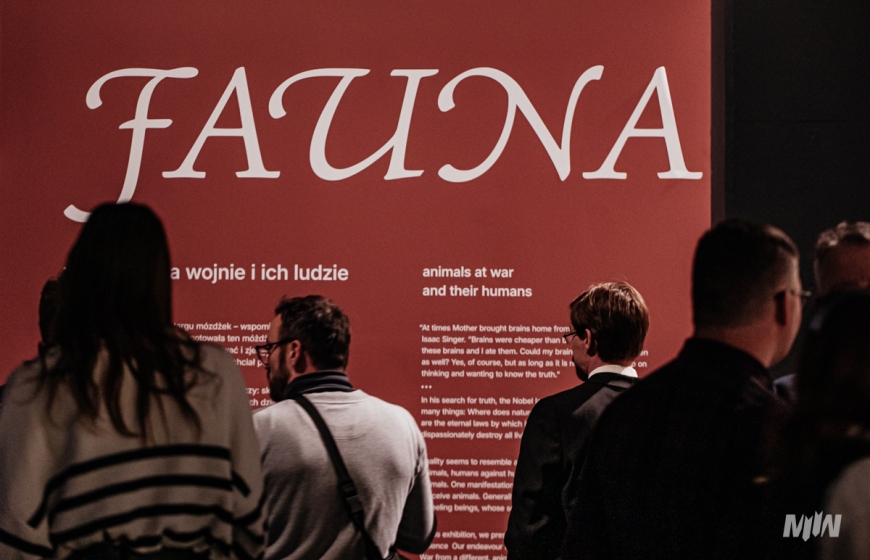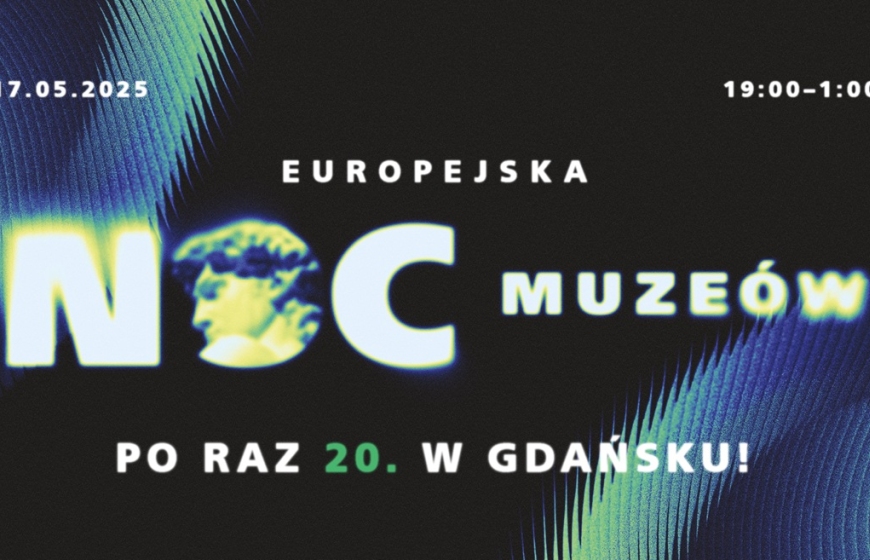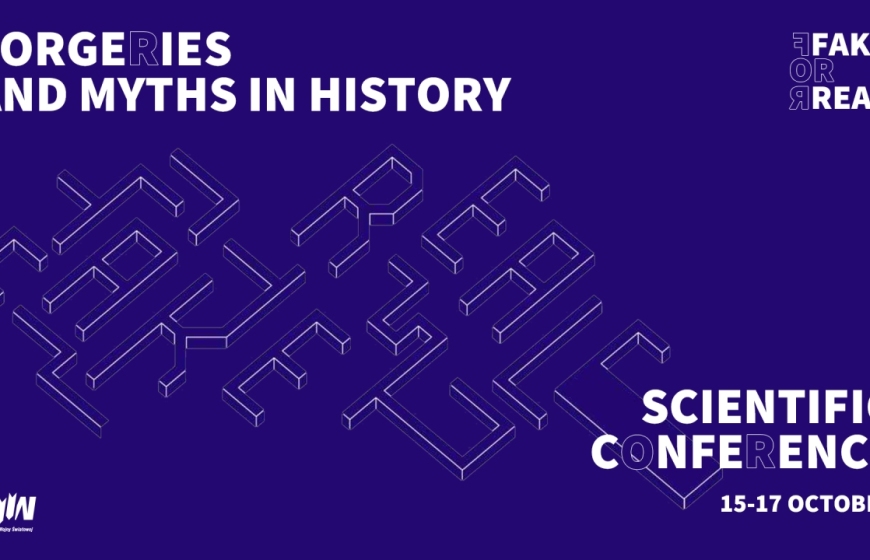HISTORICAL CYCLE #ARMIAKRAJOWAM2WŚ #BOHATEROWIEAK - JAN PIWNIK "PONURY"
Ordinary soldiers were the backbone of the Home Army. Their mementos - photos, documents, personal items – have been collected together at exhibitions and in the warehouses of the Museum of the Second World War. In today's inauguration of another series related to the Home Army - #BohaterowieAK - we present the profile of an outstanding Polish partisan: Jan ‘Ponury’ Piwnik.
Jan Piwnik was born on August 31st, 1912 in Janowice near Ostrowiec Świętokrzyski. Until 1933, he served in the Artillery Reserve Cadet School in Włodzimierz Wołyński. Between the years 1935–1939, as a reserve lieutenant, he was a member of the State Police. As the commander of the 3rd company of the Police Reserve Group, after completing military exercises, in September 1939 he took part in the Polish campaign. Together with his unit, he managed to get to Hungary, where he was interned. He escaped to France, however, and joined the Polish army there. In the west, he was eventually included in the 1st Independent Parachute Brigade.
During his stay in the British Isles, he volunteered to serve in the country. He took a special course for the Cichociemni - an elite group of paratroopers who were to be dropped into occupied Poland. On October 10th, 1941, he took the oath binding himself to the Union of Armed Struggle. In November, as a lieutenant, he was dropped into the country and landed near Skierniewice. He was involved in coordination of matters related to the arrival of subsequent groups of Cichociemni. Ultimately, however, he was involved in a whirlwind of conspiratorial work of a combat nature. In January 1943, he carried out an action, freeing three members of the Polish underground from a German prison in Pinsk in eastern Poland. This was recognized as an exemplary action, and Piwnik itself was awarded the Virtuti Militari order.
After returning from Pinsk, Lieutenant Piwnik began trying to obtain permission to form his own partisan unit. In mid-May, he formally assumed the position of the commander of the Home Army Partisan Groups in the Świętokrzyskie region. ‘Ponury’ quickly created a brigade of about 100 people. Its main base was Hill 326 under the name of Wykus in the Świętokrzyska Forest. In turn, in a weapons factory in Suchedniów, Piwnik's people started a secret production of copies of sten - English submachine guns.
More information from texts in the #DetalNaFotografii series:
The units of ‘Ponury’ carried out many successful subversive actions and attacks on German posts. They also undertook the liquidation of informers and undertook robberies. Much emphasis was placed on the education of the guerrillas and the aforementioned armaments production. Due to its activities, ‘Ponury’ and his unit were constantly pursued by the Germans. At that time, the risk of exposure was very high, and there were also concerns about the civilian population being exposed to retaliation for the effective actions of Piwnik and his people. Eventually, he was dismissed from his post and put himself at the disposal of the Home Army Headquarters.
The collection of the Museum of the Second World War includes a unique album by Jan ‘Ponury’ Piwnik and his soldiers operating in the area of the Świętokrzyskie Mountains. In addition to shots showing military activity, it also contains photos depicting the daily activities of the Polish partisans who tried by all means to ensure a substitute for normality in the underground conditions. The MSWW collection also includes shoulder eagle epaulettes made by them, which they put to use later.
Jan ‘Ponury’ Piwnik spent the last months of his life in the Nowogródek area, where he was involved in the underground and combat actions of the Nadniemeńskie Partisan Grouping. In June 1944, in the area where his unit was stationed, military operations related to Operation ‘Tempest’ began. Jan ‘Ponury’ Piwnik was killed in action during an attack on a German outpost on June 16th, 1944 near the village of Jewłasze.






